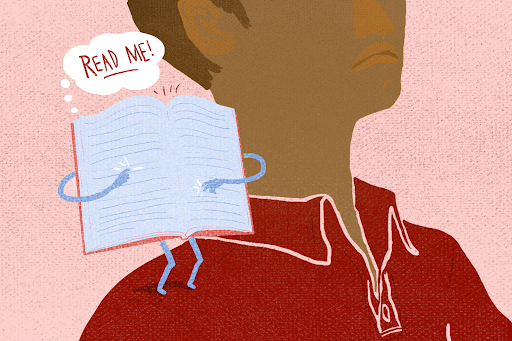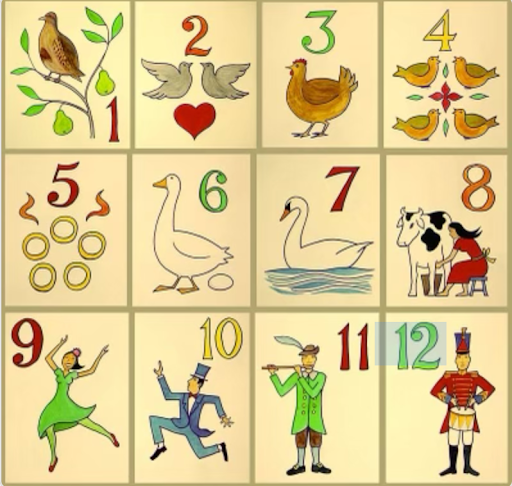Insect Armageddon
January 19, 2019
Among the vast variety of species in danger of extinction today, perhaps it may seem silly to be most concerned about insects. They are the kings of resilience. A single ghost moth can give birth to thousands of children in one go. Cockroaches can withstand nuclear blasts. This natural tendency to assume insects’ ability to ride out any storm and to ignore the happenings in their world is built into all of us. After all, most people never even question their omnipresence. However, the time we have left to spar with our miniscule friends might be running out. Have you noticed that the number of bugs in your backyard, the local forest, and on your windshield has been gradually decreasing?
A recent study by a amateur entomologist group based in Krefeld, Germany has garnered attention among the scientific community. It confirmed many scientists’ growing suspicion that insect populations have been on a sharp decline in the past 5 decades. In fact the number of insects sampled at random spots around Germany has decreased by 60 times over the past 20 years. Once the study was brought to the public eye, support for investigations into the declining insect numbers exploded. Many noticed significant decreases in their own neighborhoods and wanted to contribute to the effort. As for Basking Ridge citizens, William Chiang ’20 is perplexed that he “never see[s] any bugs anymore” and hasn’t “accidentally eaten a bug accidentally … in a while.” Spurred by concern for the ecological stability of their communities, and eager to validate their own suspicions, volunteers for ecological surveys flocked to research institutes.
The fall in insect populations constitutes a larger and more subtle problem in the world. A decrease in biodiversity, for example, decreases the ability of ecosystems to adapt to change. It also diminishes the physical beauty of nature. Rohan Jain ’21 laments that “all the millions of types of insects” that populated the summertimes have been reduced to “a few gnats.” For humans, the largest drawback of the global decrease in insects is the reduced pollination in agriculture.
Solving the insect population problem is an important step to protecting the biodiversity of the planet and preserving our ability to produce food for future generations.









